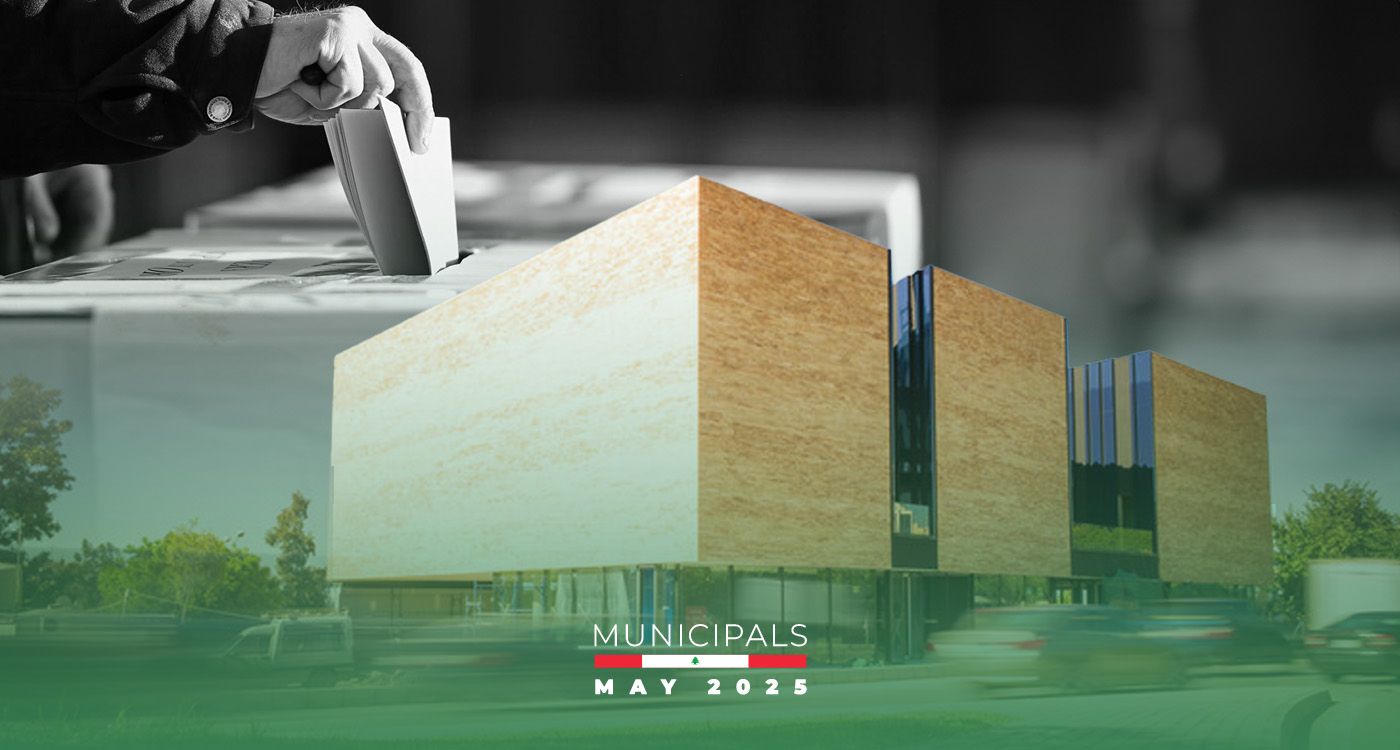- Home
- Highlights
- Jbeil: A Pivotal Electoral Battle

©This is Beirut
The upcoming municipal elections in Jbeil are set to be crucial, with significant implications for both the city and the surrounding region. Jbeil, also known as Byblos, one of the world’s oldest continuously inhabited cities and a UNESCO World Heritage site, plays a strategic role as Lebanon’s cultural, tourism, and economic hub. Its importance makes it a key prize for any political force seeking to strengthen its legitimacy locally and nationally.
Beyond the city, the Jbeil district encompasses 40 municipalities, all unified under the Federation of Municipalities of the city. Securing a dominant position in Jbeil is therefore vital for any political group aiming to influence both the district and the larger Mount Lebanon governorate.
Ziad Hawat: A Political Powerhouse
For years, Ziad Hawat, a key figure in the Lebanese Forces (LF), has shaped the political landscape of Jbeil. His list won the 2010 municipal elections, and he was re-elected by acclamation in 2016, further consolidating his hold on the city. His influence is strengthened by his central role within the LF and the backing of other major political forces, including the Kataeb, Tashnag, and the influential MP Neemat Frem who holds significant sway in both the Keserwan and Jbeil regions.
In 2017, Wissam Zaarour succeeded Hawat as Head of the Municipality after Hawat stepped down to run for the legislative elections, in compliance with the law prohibiting individuals from holding municipal and legislative positions simultaneously.
An Unwavering Strategy
Ziad Hawat remains committed to the strategy he has followed throughout his previous terms. His slogan, “Jbeil: More Beautiful, Yesterday, Today, Tomorrow,” encapsulates his vision for the city: preserving its rich heritage while promoting growth in the cultural, tourism, and economic sectors. Hawat’s team prioritizes the conservation of the city’s heritage while fostering its global connectivity, as evidenced by initiatives like the 2022 twinning with the Corsican city of Bonifacio—creating a partnership between two cities united by their shared cultural legacy.
A Coalition of Opposition
This year, Ziad Hawat faces a formidable challenge from the list “Al-Karar Al-Joubeili” (The Decision of Jbeil), led by Fadi Saad. The opposition coalition unites several influential local families, with support from the Free Patriotic Movement (FPM) and former MP Farès Souhaid.
The members of this list are dedicated to “ending ten years of mismanagement,” which they attribute to “clientelism, a lack of transparency, the absence of economic development and the marginalization of local families and youth.”
The Municipality: A Local Matter
In an interview with This is Beirut, Souhaid explained his support for the opposition by criticizing political parties for attempting to “overtake” local decisions by “imposing” their candidates.
Although Farès Souhaid is a prominent figure in the March 14 alliance, which includes the Lebanese Forces (LF), he believes that municipal elections should focus on local and familial concerns, free from national influences. “Political parties should concentrate on legislative elections and allow local communities to freely choose their municipal representatives,” he argues.
Souhaid further explains that “the opposition list, supported by the FPM, is made up of local party members rather than political heavyweights,” suggesting that the FPM no longer holds the same level of influence in the elections as it once did.
Souhaid adds that although he “supports, from a distance, the list opposing Hawat, his primary focus is on Qartaba,” his political stronghold, where he expects “a much closer electoral contest.” In Qartaba, he backs a group of independent young opponents against the list supported by the LF, FPM, Kataeb, and Fadi Martinos, the current President of the Municipal Council and former Head of the Federation of Municipalities of Jbeil.
“In Ehmej, Nazih Abi Semaan, backed by former FPM MP Simon Abi Ramia, has failed to build a broad consensus and faces a list supported by the LF. In Akoura, opposition is rising against the LF list,” Souhaid concludes.
The Evolution of the Federation of Municipalities
Farès Souhaid also reflects on the evolution of the Federation of Municipalities in Lebanon, a crucial component of the country’s administrative decentralization. He recalls that the initiative to unite municipalities began in 1977 under the presidency of former President Elias Sarkis. At that time, only 13 municipalities were part of the federation. Today, however, those same 13 municipalities remain the only ones officially integrated, while 27 others, established after 2004, have yet to join.
Souhaid points out that these new municipalities, most of which have Shiite majorities, may seek to join the federation following the 2025 elections. He believes this shift could significantly alter the internal political dynamics of the Federation, potentially redistributing power and reshaping key positions, such as that of the vice president. Notably, the federation is currently headed by a Maronite president, with an Orthodox vice president.
Diverging Polls
The list led by Ziad Hawat and Dr. Joseph Chami is currently the frontrunner, according to a high-ranking municipal source interviewed by This is Beirut. The source forecasts an 18-0 victory, with a lead of nearly 1,000 votes.
However, this prediction is far from universally agreed upon. Souhaid, for his part, expects a “tightly contested race.”
As election day approaches, speculation and contradictory statements abound. One thing remains certain: the final results will be decided at the ballot box.

Comments